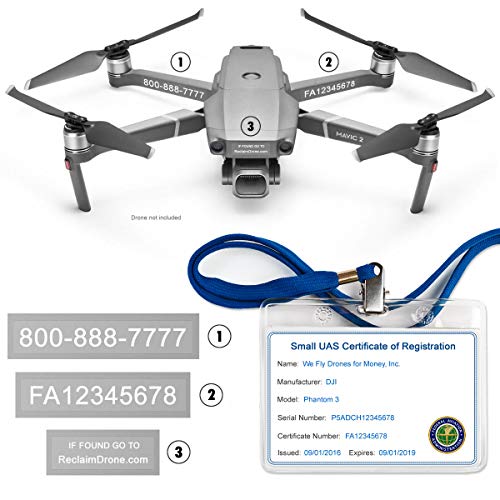Obtaining a commercial drone operator license is crucial for individuals looking to fly drones for business purposes. In the United States, the Federal Aviation Administration (FAA) regulates the use of drones and requires operators to obtain a Remote Pilot Certificate.
Requirements for obtaining a commercial drone operator license:
- Be at least 16 years old: The FAA requires applicants to be at least 16 years old to qualify for a commercial drone license.
- Pass the FAA Knowledge Test: Individuals need to pass the FAA Unmanned Aircraft General (UAG) exam to demonstrate their understanding of airspace regulations, safety procedures, and drone operation.
- TSA Background check: Applicants must pass a Transportation Security Administration (TSA) background check to ensure they do not present a security risk.
- Apply for the certificate: After meeting the above requirements, applicants can apply for a Remote Pilot Certificate through the FAA's Integrated Airman Certification and Rating Application (IACRA) system.
Benefits of obtaining a commercial drone operator license:
Having a commercial drone operator license allows individuals to legally operate drones for various business purposes, including aerial photography, videography, mapping, surveying, agriculture, and more. It opens up opportunities to work in industries such as real estate, construction, insurance, and filmmaking.
Renewing and maintaining your commercial drone operator license:
Once obtained, the Remote Pilot Certificate is valid for two years. To renew the license, operators must pass a recurrent knowledge test every 24 months to ensure they are updated on any changes in regulations and best practices.
Remember that this is informative content from our
Wiki. If you're looking for opinions and experiences from other users, you can visit our
Community. On the other hand, if you're interested in Drones, Accessories, Offers, and Discounts, we recommend you to check out our
Ranking. This article is purely informative and has been generated
thanks to the collaboration between Artificial Intelligence and the active supervision of our team, which is responsible for correcting, structuring, and complementing its content. Although we strive to provide accurate and up-to-date information, errors or omissions may occur. We are not responsible for any decision or action taken as a result of reading this article.
...See more









































































































































